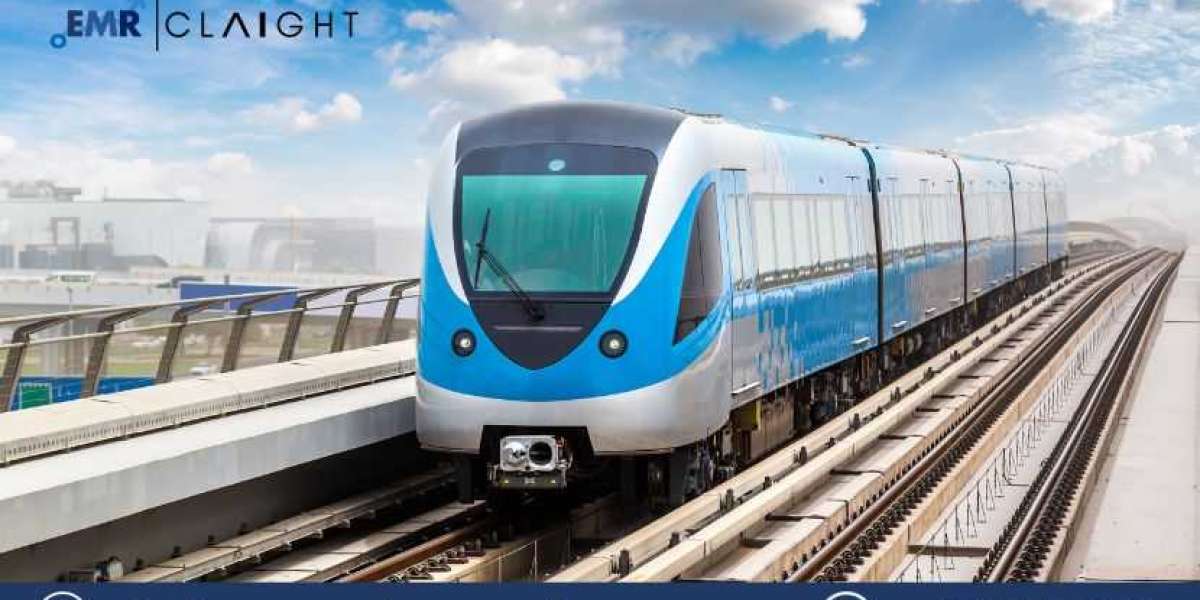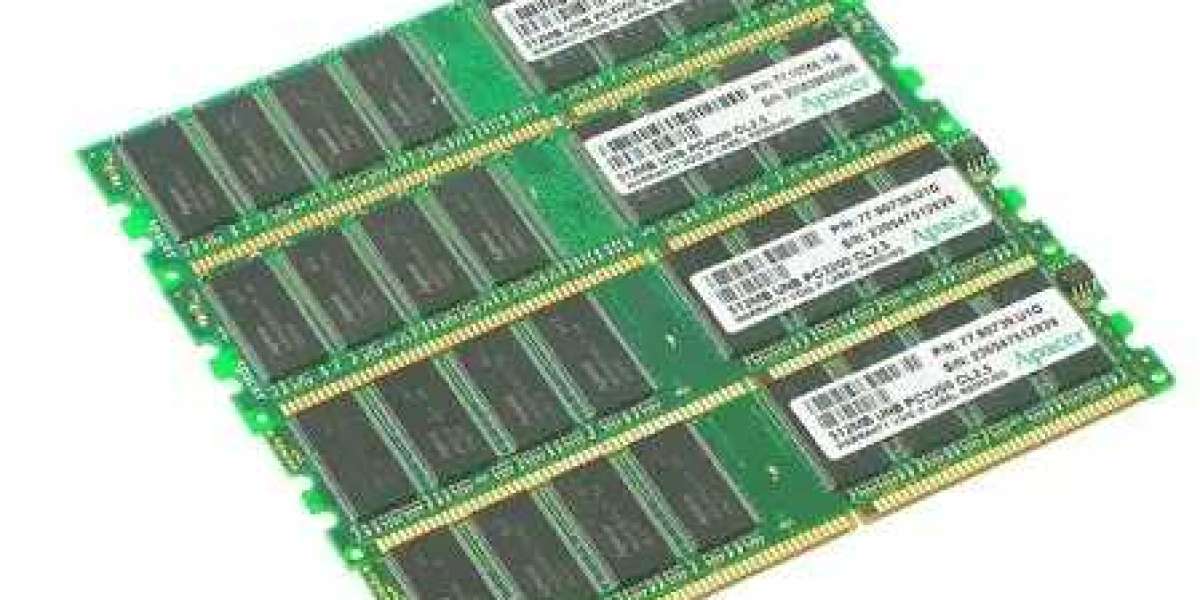Smart Railways Market Outlook
According to the report by Expert Market Research (EMR), the global smart railways market size attained a value of USD 29.13 billion in 2023. Aided by the increasing demand for advanced transportation solutions and the growing applications of smart technologies in railway systems, the market is projected to further grow at a CAGR of 11.2% between 2024 and 2032 to reach a value of USD 75.75 billion by 2032.
Smart railways represent a technological revolution in the transportation sector, integrating digital and automated systems to enhance the efficiency, safety, and passenger experience of rail services. These systems encompass a wide array of innovations, including advanced signaling, predictive maintenance, real-time passenger information systems, and energy-efficient operations. The push towards smarter railway systems is driven by the need to address the growing urbanization, increasing transportation demand, and the imperative for sustainable mobility solutions.
Market Drivers Of Growth
Several factors are driving the growth of the global smart railways market. One of the primary drivers is the escalating need for efficient and reliable transportation systems in urban areas. As cities expand and populations grow, the pressure on existing transportation infrastructure intensifies. Smart railway systems, with their capacity to optimize traffic flow, reduce delays, and enhance operational efficiency, are becoming increasingly vital in addressing these challenges.
Moreover, advancements in information and communication technology (ICT) are propelling the adoption of smart railways. The integration of IoT, big data analytics, and artificial intelligence into railway systems allows for real-time monitoring, predictive maintenance, and data-driven decision-making. These technologies improve the overall safety and reliability of rail services, minimizing disruptions and enhancing passenger satisfaction.
Furthermore, the global emphasis on sustainability and reducing carbon footprints is another significant growth driver. Railways are inherently more energy-efficient and environmentally friendly compared to road and air transportation. The implementation of smart technologies further enhances their efficiency, reducing energy consumption and emissions. Governments and transportation authorities are increasingly investing in smart railway projects as part of their sustainability and climate action initiatives, thereby boosting market growth.
Get a Free Sample Report with Table of Contents: https://www.expertmarketresearch.com/reports/smart-railways-market/requestsample
Smart Railways Market Trends
Amidst the challenges, several trends are shaping the evolution of the global smart railways market. One prominent trend is the increasing adoption of autonomous and semi-autonomous trains. These trains leverage advanced sensing, control, and navigation technologies to operate with minimal human intervention, enhancing safety and operational efficiency. Autonomous trains are particularly beneficial in freight transport, where they can operate continuously without the constraints of human workforce limitations.
Another noteworthy trend is the growing focus on passenger experience and connectivity. Modern passengers expect seamless, connected, and personalized travel experiences. Smart railways address these expectations by offering features such as real-time journey information, onboard Wi-Fi, and mobile ticketing solutions. Enhanced connectivity and digital services not only improve passenger satisfaction but also open up new revenue streams for railway operators through value-added services and advertising.
Moreover, the trend towards predictive maintenance and asset management is gaining traction in the smart railways market. Predictive maintenance uses data analytics and machine learning to predict and prevent equipment failures before they occur, reducing downtime and maintenance costs. This proactive approach to maintenance ensures the reliability and longevity of railway assets, enhancing overall operational efficiency.
Read Full Report with Table of Contents: https://www.expertmarketresearch.com/reports/smart-railways-market
Smart Railways Market Segmentation
The market can be divided based on system, offering, and region.
Market Breakup by System
- Rail Freight Operations Management System
- Passenger Information System
- Smart Safety and Security Monitoring System
- Rail Communication and Networking System
- Smart Ticketing System
- Rail Analytics System
- Others
Market Breakup by Offering
- Solutions
- Services
- Components and Devices
Market Breakup by Region
- North America
- Europe
- Asia Pacific
- Latin America
- Middle East and Africa
Competitive Landscape
The EMR report looks into the market shares, plant turnarounds, capacities, investments, and acquisitions and mergers, among other major developments, of the global smart railways companies. Some of the major key players explored in the report by Expert Market Research are as follows:
- Cisco Systems, Inc.
- Alstom Holdings
- Siemens AG
- Hitachi, Ltd.
- ALE International
- Huawei Technologies Co. Ltd
- IBM Corp.
- Thales Group
- Cyient Ltd.
- Toshiba Infrastructure Systems Solutions Corporation
- Others
Market Challenges
Despite the optimistic outlook, the global smart railways market faces certain challenges that warrant attention. One of the key challenges is the high cost of implementing and maintaining smart railway infrastructure. The deployment of advanced technologies, such as automated control systems and sophisticated communication networks, requires substantial capital investment. Additionally, the maintenance of these systems demands ongoing financial resources and technical expertise, which can be a barrier for cash-strapped governments and railway operators.
Moreover, the integration of legacy systems with new smart technologies poses a significant challenge. Many existing railway infrastructures are outdated and not designed to accommodate modern digital systems. The process of upgrading and integrating these systems can be complex, time-consuming, and costly. To overcome this challenge, stakeholders need to develop comprehensive strategies that balance modernization with operational continuity and cost efficiency.
Read More Reports:
https://www.expertmarketresearch.com/articles/top-laboratory-furniture-manufacturers
https://www.expertmarketresearch.com/articles/top-fire-sprinklers-companies
https://www.expertmarketresearch.com/articles/top-india-electric-vehicle-companies
https://www.expertmarketresearch.com/articles/top-automotive-airbag-inflator-manufacturers
Media Contact:
Company Name: Claight Corporation
Contact Person: George buttler, Corporate Sales Specialist – U.S.A.
Email: sales@expertmarketresearch.com
Toll Free Number: +1-415-325-5166 | +44-702-402-5790
Address: 30 North Gould Street, Sheridan, WY 82801, USA
Website: www.expertmarketresearch.com
Aus Site: https://www.expertmarketresearch.com.au/



